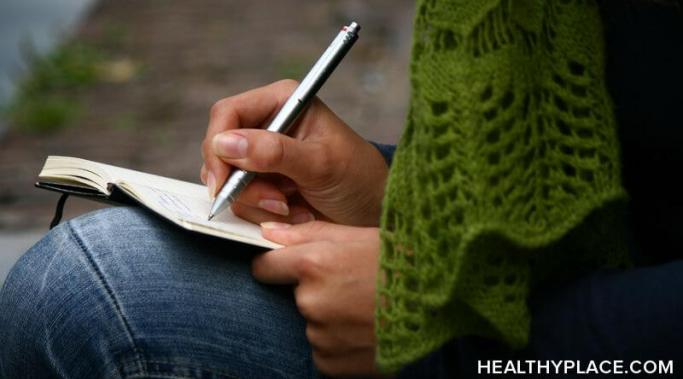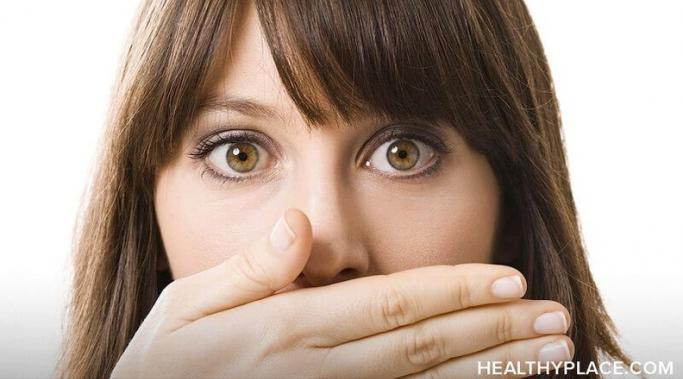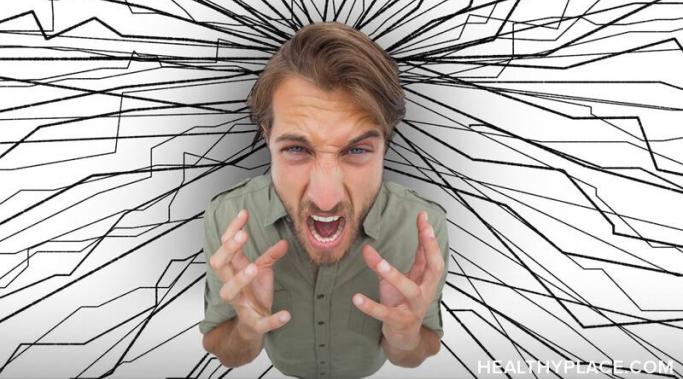Blogs
Almost two years ago, I decided to try intuitive eating to distance myself from binge eating. I didn't trust my body to stay at a healthy weight without dieting, but I knew I had to try to break out of my eating disorder habits. It sounded like a dream to eat whatever I wanted without guilt or worrying. I was skeptical intuitive eating would work for me, but I was eager to try it as an experiment.
Has your anxiety ever made you say "no" to an opportunity that you wanted to say "yes" to? You are not alone if you have ever done that. More often than not, my anxiety holds me back from saying "yes" to opportunities that I'm interested in. While I feel a sense of relief when I say "no," I start experiencing feelings of regret soon.
Even as a long-time writer, words do not always come easily to me. A major reason for this is that anxiety and depression give me negative messages. Depression tells me that no one will care about what I have to say. Anxiety tells me that other people will stigmatize me for my content. Regardless, writing is a huge part of my treatment plan. A few weeks ago, I came up with a writing exercise to help me appreciate and feed my passion. To learn about this exercise and how it helps my state of mind, continue reading this post.
I, like many, have been called brave for sharing my experiences with mental health struggles. It’s always sat weirdly with me as I’ve never seen myself in that light. I’m not brave for sharing my mental health struggles. I can see how folks would see bravery in speaking up when mental health stigma is so rampant. Yet, the term still isn’t one I identify with. It doesn’t fit quite right.
Self-injury can be a difficult topic to discuss, whether you're sharing your own experiences or trying to offer support to someone else. Careful consideration of the self-harm language you use can help you have more meaningful (and helpful) conversations.
It can be difficult to navigate the shifting views of mental health and the stigma surrounding it in an adaptive and dynamic world. There is a duality to the increase of safe spaces and acceptance regarding mental health. The exhausting truth is although some people in society may be ready to hear our stories, not everyone is.
Disclosing an eating disorder can be uncomfortable—even downright scary. In fact, research shows the prevalence of those who suffer from eating disorders is vastly underrepresented. A 2019 estimate from the Global Burden of Diseases reveals that as many as 41.9 million eating disorder cases were unreported over the course of just one year.
The recent Oscar scene where Chris Rock made a joke about Jada Pinkett Smith resulting in Will Smith slapping him on television has brought up controversy regarding jokes and abuse. Although we may never know the background or extent of history between these two people, it brings this question to light. Is making jokes considered verbal abuse?
Therapy has been one of the most effective tools I have used in addiction recovery to help heal some of my inner wounds. It has provided me a space where I have felt safe to speak my truth and unpack any trauma, drama, guilt, and shame that has been stuck inside of me. Therapy helped me change my relationship with alcohol and guided me to build a more loving and compassionate relationship with myself.
When people ask me how my knee surgery for a torn meniscus went, the first thing I blurt out is that I had a nightmare while under anesthesia. Talk about being socially awkward. I definitely wasn’t expecting that to happen, but when you live with schizoaffective disorder, I guess all terrors of the mind are possible.









